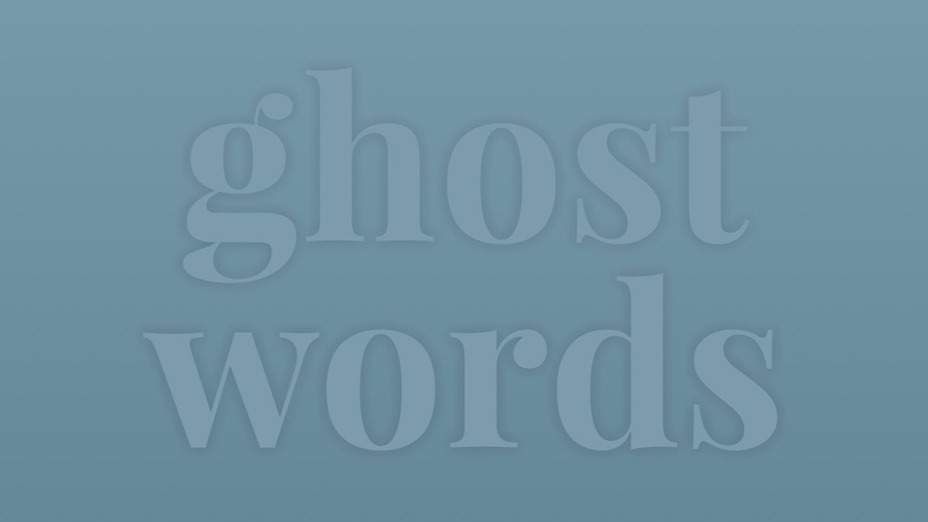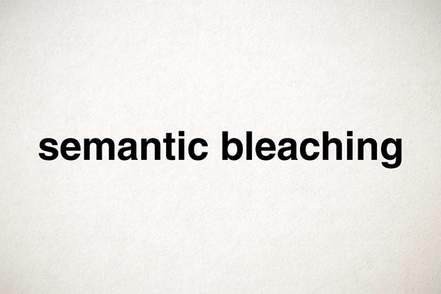TRANSCRIPT
Welcome to Ask the Editor, I'm Emily Brewster, an associate editor at Merriam-Webster.
Sometimes people ask if it would be possible for a Merriam-Webster editor to sneak some made-up word into the dictionary. The answer is no, not really.
A definition is seen by many sets of eyes after it's drafted by the original definer. The words that make it in are all real words backed by real usage. But for a few years, there was a fake word in one of our dictionaries.
When Webster's New International Dictionary, Second Edition, or W2 as we call it, was released in 1934, it included this entry: no etymology, no examples of the word in use, and there were no examples in our files either.
Dord was what's sometimes called a ghost word.
How did this happen?
Well it all started with a three-by-five slip of paper dated July 31st, 1931, arrived from one of our chemistry consultants, intended to be one of several slips for the letter D as an abbreviation. In this case, for density. As you can see, there are spaces between the O-R and the Ds on either side. Looks obvious that it's the word or, right? Well not in this case.
Whenever such a slip was made for an entry, spaces were required between all the letters of the term being defined, so that there would be room to add marks showing stress and syllable breaks.
To the person who handled the slip, it looked like there was simply a space missing between the O and the R. This person added a wavy line under all four letters to show that they should all be in bold face. The pronunciation editor penned a simple pronunciation.
How it got by the etymologist, we'll never know.
In 1939, an editor discovered the error and wrote this slip marked, "Imperative, urgent!" calling for a correction in the next printing. But for some reason, the change wasn't actually made until 1947. And that marked the end of dord, Merriam-Webster's only ghost word.
For more Ask the Editor videos, visit merriam-webster.com.











